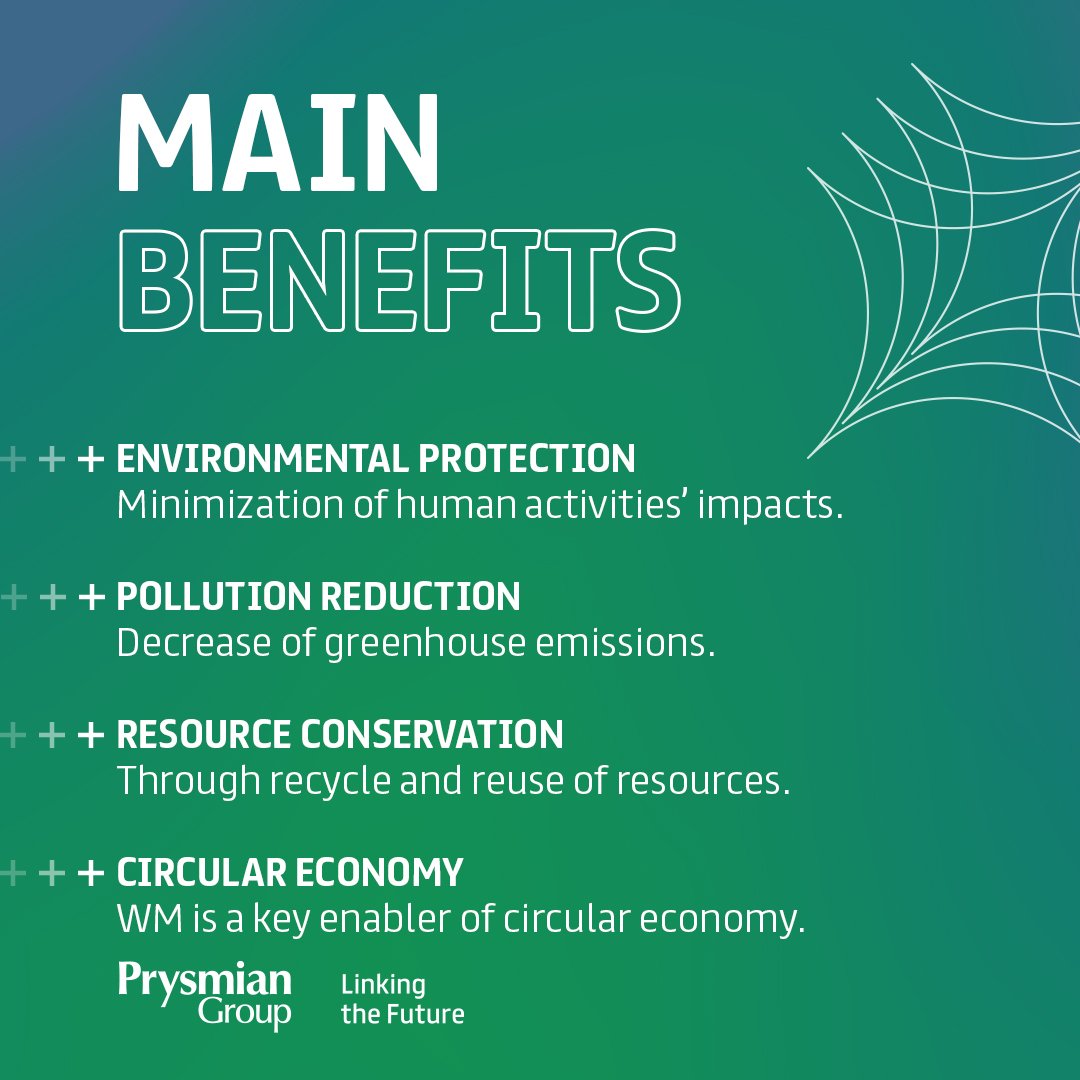Excitement About Reclaim Waste
Excitement About Reclaim Waste
Blog Article
The Definitive Guide to Reclaim Waste
Table of ContentsLittle Known Questions About Reclaim Waste.Indicators on Reclaim Waste You Should KnowGetting My Reclaim Waste To WorkThe Single Strategy To Use For Reclaim WasteThe 6-Second Trick For Reclaim Waste
Check out the types, events, and types of liquid waste. Residential sewage waste describes the waste and items from a household septic system. This type of waste is developed by human beings in houses, institutions, and various other buildings. This only includes septic systems that have a drainpipe area. The appropriate management and disposal of residential sewage waste need fluid waste to be transferred to a sewage therapy plant where the appropriate approaches and tools are applied to detoxify and throw away waste.
Commercial waste commonly includes possible dangers, such as flammable materials or a combination of liquid and strong waste products, and calls for a more advanced and detailed disposal process. The disposal of business waste usually entails the filtering of waste prior to transport to ensure risk-free and correct disposal. Industrial waste is produced from by-products and overflow of commercial procedures and manufacturing.
This sort of waste can not use the exact same sewer monitoring transportation or processes as septic or industrial liquids. The hazardous waste administration procedure needs the examination and testing of liquid waste prior to it undergoes the disposal process (liquid waste disposal). Drainage waste is the fluid waste that originates from runoff and excess stormwater in extremely inhabited areas or cities
Overflow waste can trigger contamination and flooding if not managed appropriately. Guaranteeing proper waste management can prevent calamities and decrease ecological damage.
An Unbiased View of Reclaim Waste
Call PROS Providers today to learn more about our waste management and disposal solutions and the proper methods to take care of the liquid waste you generate.
(https://penzu.com/p/1f225eb6893bd9aa)Do you know what takes place to your water when you draw the plug, purge the toilet or drain the cleaning device? No? Well, it's worth recognizing. This supposed 'wastewater' is not only an important source but, after therapy, will certainly be released to our land, rivers or the ocean. Utilized water from commodes, showers, baths, kitchen sinks, washings and industrial procedures is referred to as wastewater.

water made use of to cool equipment or tidy plant and tools). Stormwater, a type of wastewater, is drainage that streams from agricultural and metropolitan areas such as roofings, parks, gardens, roadways, paths and seamless gutters right into stormwater drains pipes, after rain. Stormwater streams neglected straight to regional creeks or rivers, ultimately getting to the ocean.
Unknown Facts About Reclaim Waste
In Queensland, a lot of wastewater is dealt with at sewer therapy plants. Wastewater is transported from residential or industrial sites via a system of sewers and pump terminals, recognized as sewage reticulation, to a sewage treatment plant.
The Department of Natural Resources advises local governments regarding managing, operating and maintaining sewerage systems and therapy plants. In unsewered areas, city governments might call for owners to set up specific or family sewer treatment systems to treat domestic wastewater from toilets, kitchen areas, shower rooms and washings. The Division of Natural Resources authorises using house systems when they are confirmed to be reliable.
In some brand-new communities, treatment of some stormwater to get rid of trash, sand and gravel has actually begun using gross toxin traps. Wastewater therapy occurs in four stages: Gets rid of solid issue.
Uses small living microorganisms knows as micro-organisms to break down and get rid of remaining liquified wastes and great particles. Micro-organisms and wastes are integrated in more the sludge.
The Ultimate Guide To Reclaim Waste
Nutrient removal is not offered in any way sewer treatment plants since it calls for costly specialised equipment. It is ending up being a lot more usual in Queensland. Clear fluid effluent generated after treatment might still consist of disease-causing micro-organisms. If this effluent is launched into waterways such as rivers or the sea, the micro-organisms will eventually die out.

A lot of wastewater flows right into the sewerage system. Under the Act, neighborhood federal governments provide approvals and permits for ecologically relevant tasks (Ages) involving wastewater launches that could have a neighborhood impact.
Some Known Incorrect Statements About Reclaim Waste
Otherwise, samples are considered lab evaluation. Commonly many tests are required to establish the levels of each of the different contaminants such as oils, hefty steels and chemicals in water. Monitoring provides accurate details concerning water quality and can verify that permit problems are being fulfilled. The details gotten through monitoring supplies the basis for making water top quality choices.
Report this page